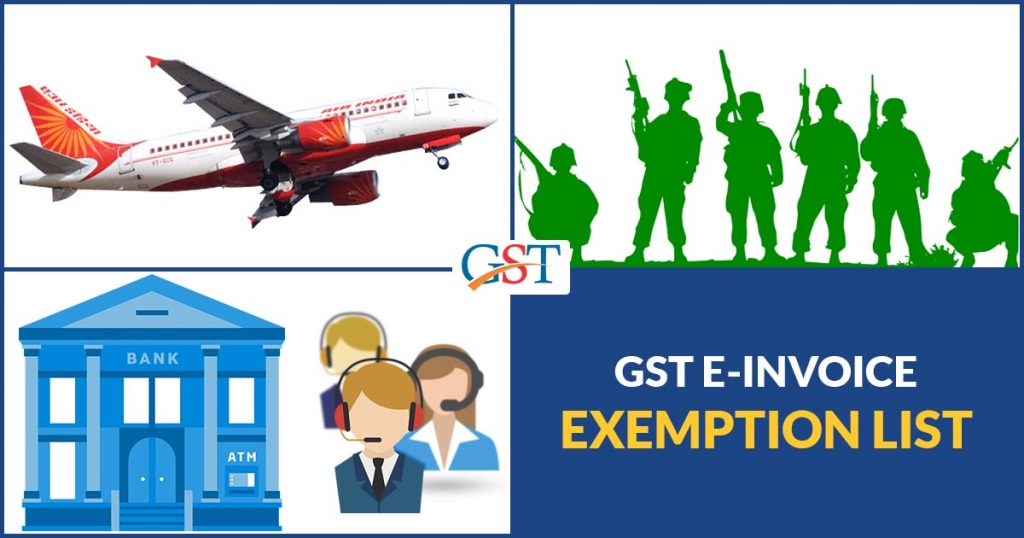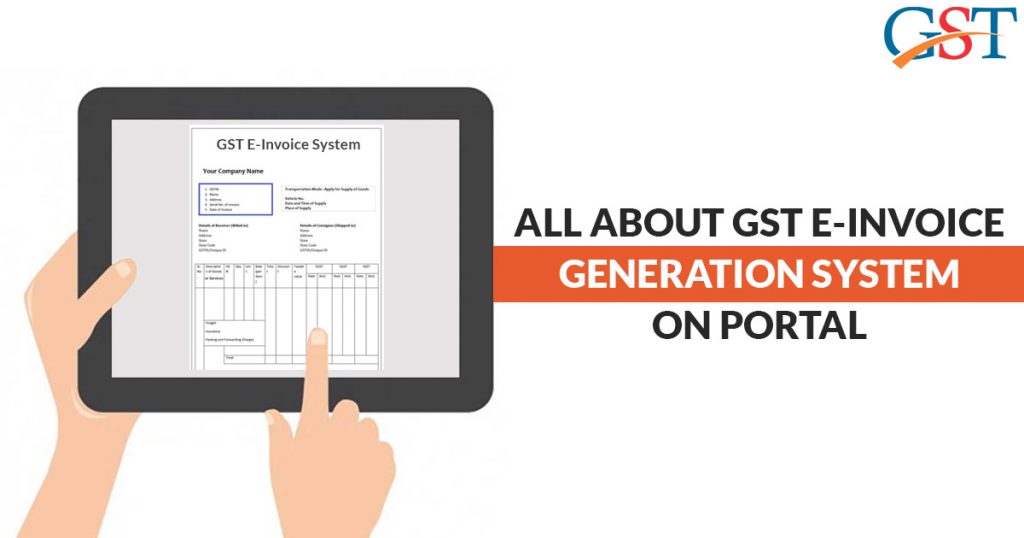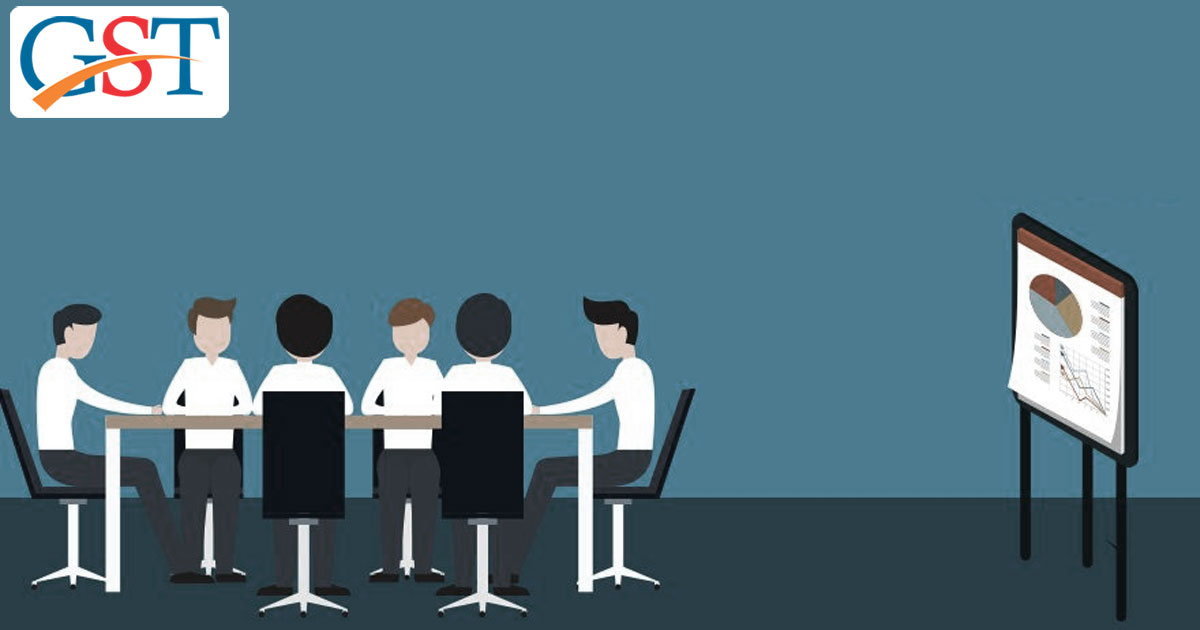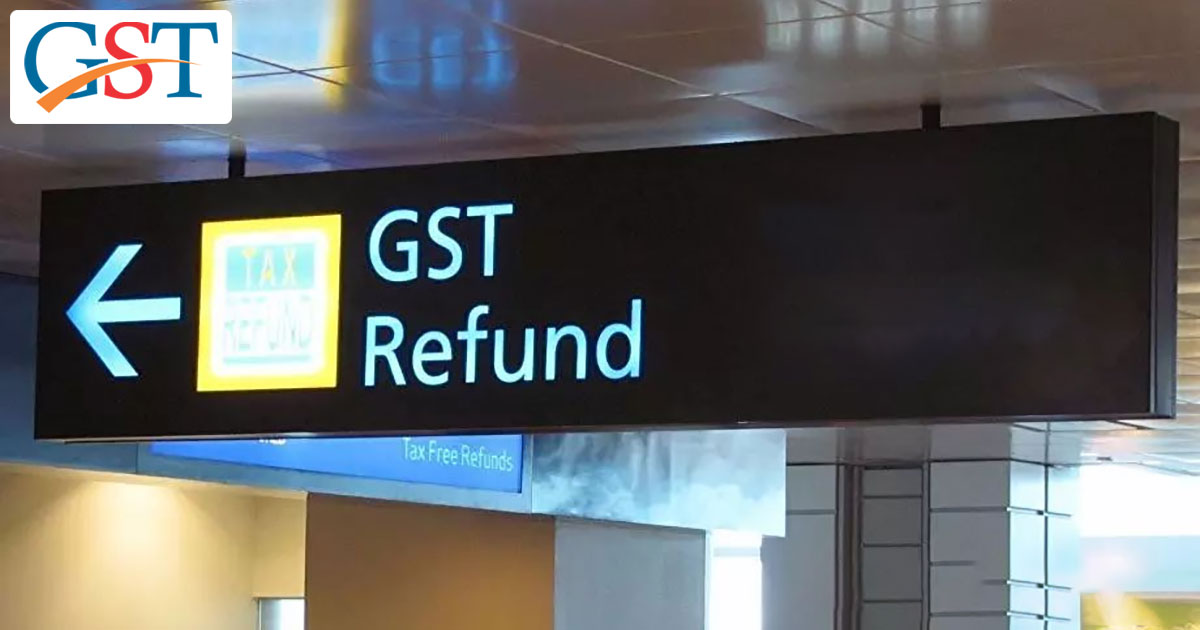
It is highly anticipated that the government’s tax-evasion measure through mandatory e-invoicing under GST will not be applied to airlines, banks, insurance companies, telecom service providers and armed forces. Companies like airlines, telecom service providers which have direct communication with clients on a huge scale are anticipated to keep out of mandatory e-invoicing purview i.e. it would not be mandatory for them to file GST e-invoice 
One of the persons with knowledge about the matter said, “Banks, airlines, telcos and other entities that have direct customer interaction on a large scale may be exempted from filing their e-invoices under GST.”
Another person expressed his views about the same saying that such exemptions would have to specifically mentioned by the government through a notification in the norms.
Under the circumstances, when the government’s intention to boost the GST collection by augmenting the GST rate slabs 
Mandatory e-invoicing will come into effect for certain categories for business from April this year to increase transparency and government-revenue under the GST regime.
However, considering the companies issuing a large number of invoices directly to the customers and banks giving direct debit and credit facilities to the customers, the Government may exempt them from mandatory e-invoicing. Currently, consolidated invoices are allowed to banks & insurance companies.
According to experts, this decision of excluding the sectors which issue a pile of invoices directly to the customers or bear direct debit and credit facilities (like in banks), will be highly beneficial for these entities as otherwise, they will have to bear hefty compliance-related expenditure.
“These entities would have to undergo heavy compliance costs if the exemption was not allowed,” said Bipin Sapra, partner at EY.
From the coming month of April, companies generating aggregate revenue of INR 100 crore or above will have mandatorily issue e-invoices, as the government launches e-filing of invoices under the GST era, as a measure to barricade the tax evasion practices and bogus GST refund claims 









